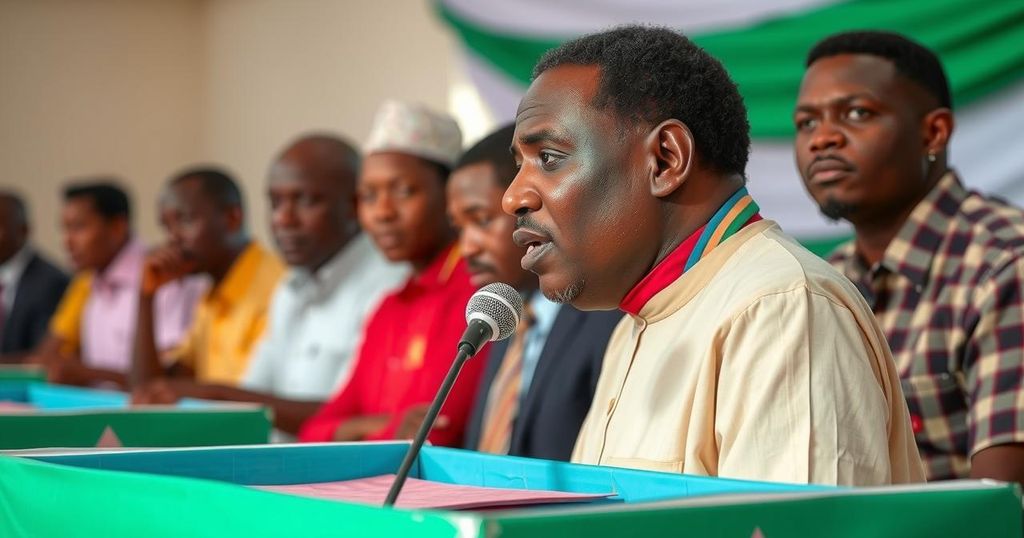Chad’s Ruling Party Secures Majority Amid Opposition Boycott of Elections

Chad’s ruling Patriotic Salvation Movement won a significant majority in December’s parliamentary elections, securing 124 out of 188 seats, amidst a boycott by major opposition parties. This election marks the first held in over a decade, with a 51.5 percent voter turnout. The legitimacy of the elections is questioned due to the opposition’s absence and previous electoral disputes, as Chad grapples with critical security challenges and reform efforts under President Mahamat Idriss Déby.
In December’s parliamentary elections, Chad’s ruling Patriotic Salvation Movement (MPS) emerged with a decisive majority, capturing 124 out of 188 seats, according to provisional results from the electoral commission. This election was significant as it marked the first parliamentary vote in Chad in over ten years. A voter turnout of 51.5 percent was reported despite a boycott by several major opposition parties, who labeled the election a fraudulent exercise.
The elections were perceived as a crucial step in the political transition initiated under President Mahamat Idriss Déby, who took power in 2021 following the death of his father, long-time leader Idriss Déby Itno. The current government is promoting reforms aimed at decentralizing power and enhancing local governance. However, the absence of substantial opposition participation raises concerns regarding the legitimacy of the electoral process.
Opposition parties, including the prominent Transformers party, rejected the elections, suggesting that they would simply replicate the discredited presidential vote from the previous year. The political climate is tense, with Chad wrestling with various security threats, including those posed by Boko Haram, and the country’s changing relations with France, a former colonial power.
This parliamentary vote, alongside concurrent regional and municipal elections, is part of Chad’s efforts to navigate its path towards democracy amid considerable challenges.
Chad has experienced a tumultuous political landscape marked by authoritarian rule and military governance. Following Idriss Déby’s death in 2021, his son Mahamat Idriss Déby ascended to power, promising reforms and a transition to democracy. However, the credibility of subsequent elections has been questioned by opposition groups, particularly after the disputed presidential election held last year. The current legislative elections occurred amidst this backdrop of political upheaval and security threats, making the outcome significant for Chad’s future governance.
In summary, the recent legislative elections in Chad, dominated by the ruling Patriotic Salvation Movement, have been controversial due to the boycott from the main opposition parties. While these elections might symbolize progress towards a decentralized governance structure, the legitimacy of the electoral process will remain disputed. The political situation in Chad continues to evolve, with security and international relations posing ongoing challenges to stability and democratic governance.
Original Source: www.rfi.fr








